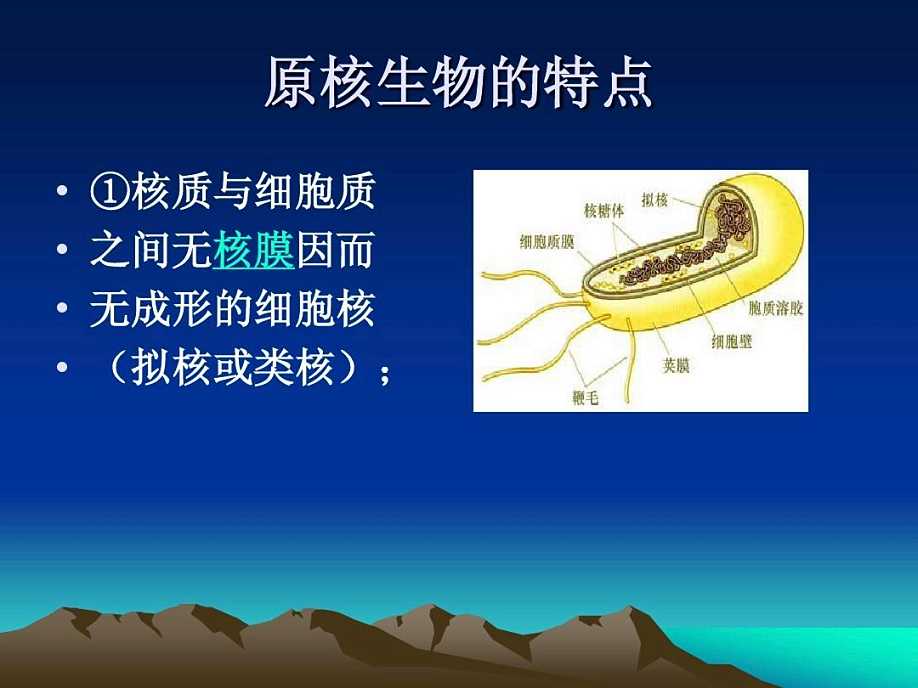The specifics of Mayr's criticisms are too technical to need extensive airing here—they involve issues of meiotic sexuality, Hennigian cladification, and controversial interpretations of the genome of Methanobacterium thermoautrophicum, among rather a lot else——but essentially he argues that Woese's arrangement unbalances the tree of life. The bacterial realm, Mayr notes, consists of no more than a few thousand species while the archaean has a mere 175 named specimens, with perhaps a few thousand more to be found—"but hardly more than that."

By contrast, the eukaryotic realm—that is, the complicated organisms with nucleated cells, like us—numbers already in the millions. For the sake of "the principle of balance," Mayr argues for combining the simple bacterial organisms in a single category, Prokaryota, while placing the more complex and "highly evolved" remainder in the empire Eukaryota, which would stand alongside as an equal. Put another way, he argues for keeping things much as they were before. This division between simple cells and complex cells "is where the great break is in the living world."












